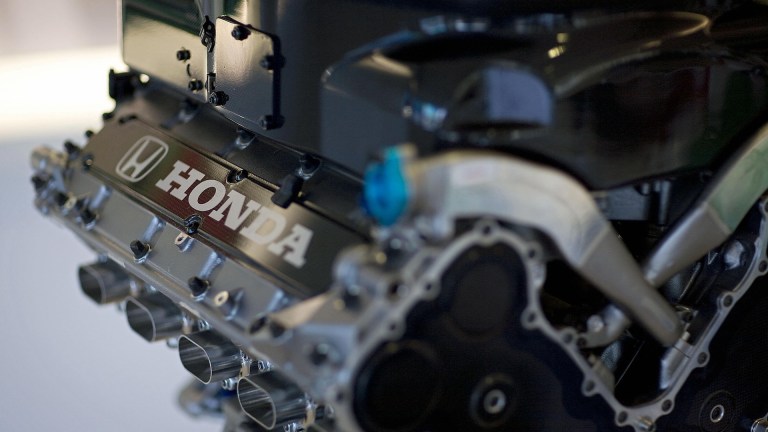
Honda is strategically delaying the homologation of its 2026 Formula 1 power unit to maximize Aston Martin’s competitiveness under the forthcoming regulations. This deliberate postponement allows Honda to adapt to evolving technical standards, ensuring their engines are optimized for peak performance when they debut.
The 2026 F1 regulations introduce significant changes, notably a heightened emphasis on electrification and sustainability. Power units will see an increased reliance on electric components, with the internal combustion engine’s role diminishing. Additionally, the sport will transition to 100% sustainable fuels. These shifts align with Honda’s commitment to carbon neutrality, influencing their decision to re-enter F1 as a full-scale power unit supplier.
Honda’s previous exit from Formula 1 in 2021 came after a successful stint, culminating in a drivers’ championship with Red Bull Racing. Their return in 2026, partnering with Aston Martin, signifies a renewed ambition to compete at the pinnacle of motorsport. This collaboration aims to challenge established teams like Red Bull and Ferrari, leveraging Honda’s engineering expertise and Aston Martin’s racing pedigree.
The decision to delay engine homologation is strategic. By postponing, Honda can incorporate the latest technological advancements and adapt to any regulatory updates, ensuring their power units are at the forefront of performance and reliability. This approach provides Aston Martin with a competitive edge, potentially disrupting the current dominance of leading teams.
However, this strategy is not without challenges. Honda has acknowledged the difficulties in developing the 2026 power unit, particularly concerning the compact, high-output electric motor and lightweight battery technologies. Balancing these components with a downsized turbo engine to meet performance demands requires innovative engineering solutions.
Despite these hurdles, Honda’s commitment to overcoming technical challenges underscores their dedication to a successful partnership with Aston Martin. Both entities are investing resources to ensure the 2026 season marks a new era of competitiveness in Formula 1. The motorsport community eagerly anticipates the impact of this collaboration, with hopes that it will inject fresh excitement and competition into the championship.
In summary, Honda’s intentional delay in engine homologation is a calculated move to provide Aston Martin with the best possible machinery under the new regulations. By aligning their development timeline with the evolving technical landscape, Honda aims to deliver a power unit capable of propelling Aston Martin to the forefront of Formula 1, challenging the established order and striving for championship success.







